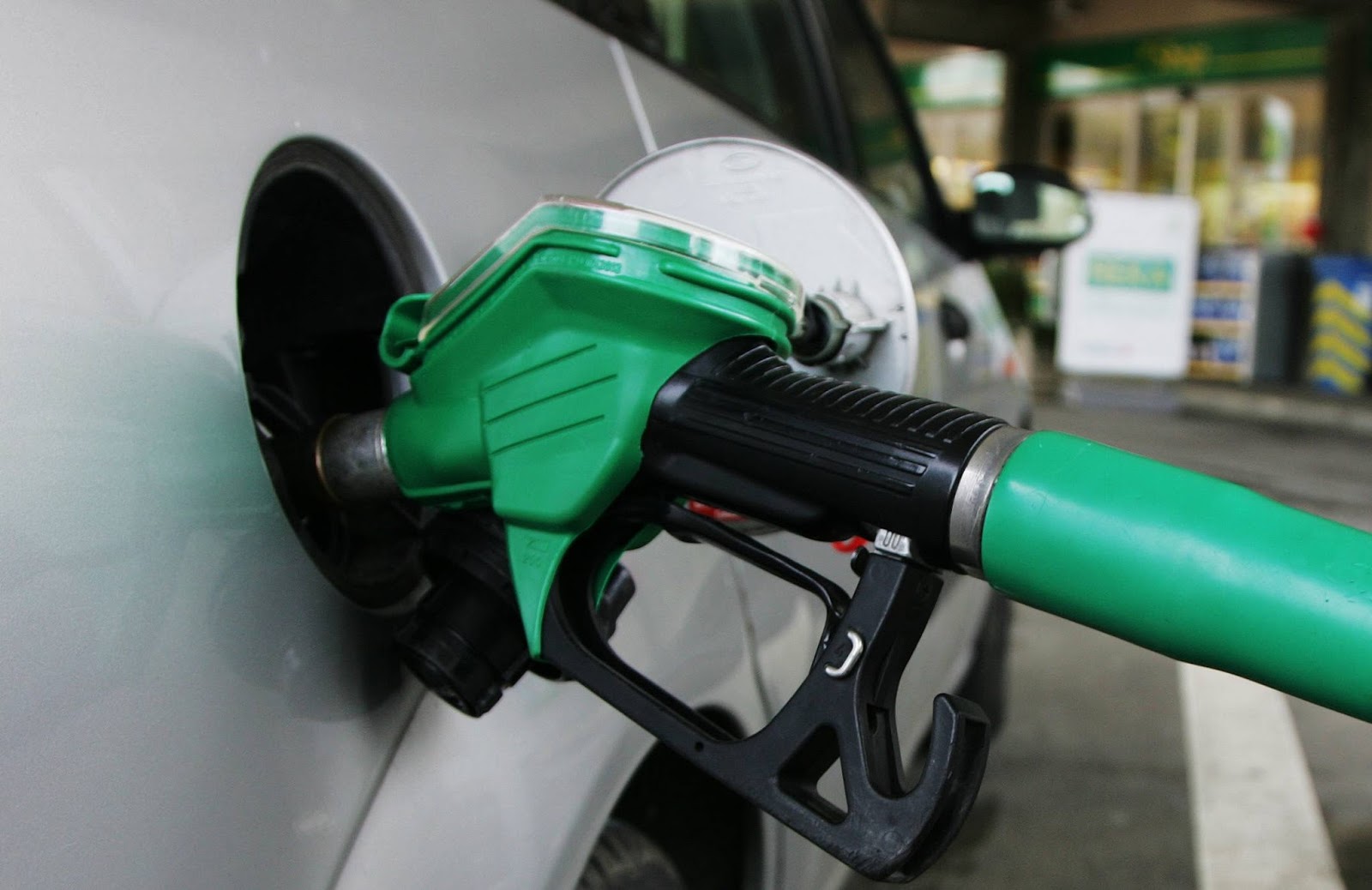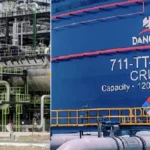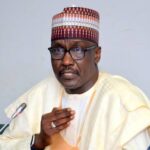It’s become routine for Nigerians to be burdened with increases in the cost of living without commensurate increases in wages and salaries. The price of fuel has been increased again and the Nigerian Association of Chambers of Commerce, Industry, Mines and Agriculture (NACCIMA) and the Manufacturers Association of Nigeria (MAN) predict that there will be tougher times ahead. They warn that poverty will worsen, many businesses will collapse, and the manufacturing sector will remain comatose. A trending post on the social media outlines the collapse of manufacturing in Nigeria, and the death of the nation’s prosperity. It asserts that in 1980, one US Dollar ($1) exchanged for less than one naira, whereas today it exchanges for N470! It relates this collapse in the value of the naira to the decline of Nigerian manufacturing. In 1980, the nation was far more productive than today. Back then Nigeria was a net exporter of refined petroleum products; today it imports all its refined petroleum products. In the “good old days” of economic prosperity, Nigerians bought locally assembled cars, buses and trucks from Peugeot in Kaduna, Volkswagen in Lagos, Leyland in Ibadan, ANAMCO in Enugu and Steyr in Bauchi. Not only did Nigerians assemble vehicles, they also produced many of the components. Vono produced car seats in Lagos; while Exide, Isoglass, and Ferrodo produced batteries, windscreens, and brake pads in Ibadan, and tyres were produced by Dunlop in Lagos and Michelin in Port Harcourt. Nigerians listened to radios and watched televisions made by Sanyo in Ibadan, while refrigerators and air-conditioners were produced locally by Thermocool. Clothes were produced from UNTL textile mills in Kaduna using cotton grown in Nigeria, while public tap water ran through pipes produced by Kwalipipe in Kano, and electrical cables were produced by Nigerian Wire and Cable in Ibadan and Kablemetal in Lagos. Nigerians used to wear shoes from Bata and Leonards which were produced using locally tanned leather from Kaduna. When all this is taken into consideration, it’s self-evident that increasing the price of fuel and crippling the manufacturing sector cannot possibly be the best way to solve the nation’s economic problems because Nigerians will continue to consume what they do not produce. Incessant increases in fuel prices serve to make people poorer and move government’s dream of lifting 100 million Nigerians out of poverty further out of sight. Citizens are already struggling to cope with a myriad of problems such as unemployment, poverty, inflation, and COVID-19, yet government feels it has no option other than to add a further increase in petroleum prices to the mix. Petroleum product pricing is a troubling issue in Nigeria where there is really no common agreeable cost of refined petrol, diesel and kerosene and all attempts to ensure that pump prices reflect “market realities” have only succeeded in eroding the purchasing power of citizens and increasing the cost of production for the moribund manufacturing sector. With this new hike fuel pump prices would have been increased on four separate occasions in 2020 alone! They have moved incrementally from N121.50 to now finally N170. This is partly a result of the failure of the ruling APC to fulfil their promise to fix the refineries once in power. Five years later, they have been unable to fix even one! When campaigning in 2015, they stated categorically that there was nothing like fuel subsidy and it was simply a case of money being stolen. Now their position has shifted. The Expected Open Market Price (EOMP) of petrol in Nigeria is the sum total of ex-coastal price (cost and freight charges), landing cost, lightening expenses, Nigerian Ports Authority (NPA) charges, Nigerian Maritime Administration and Safety Agency (NIMASSA) charge, jetty thru put charge, storage charge, financing charge, and distribution margin to marketers. Any difference between the sum total of these charges and the cost of petrol to the consumer is a “subsidy”. Having previously denied the existence of subsidy, these losses are now quaintly referred to as “under-recovery” of operating costs. Experts in the oil and gas sector are never tired of pointing out that what petrol sector requires is proper deregulation, not the current cosmetic price fixing regime supposed to pass off as deregulation. Real deregulation and liberalisation of the petroleum sector would solve the problems of inefficient government trying to control the sector. There is zero accountability and massive corruption in the oil and gas sector and the sooner government lays hands off, the better.
The problem is that Nigerian politics is all about sharing and spending money and political leaders benefit from government control of the sector irrespective of the suffering it brings to citizens. It’s important to appreciate that Nigeria isn’t a poor country. It’s simply a rich country whose people are poor. There are billions of dollars to be shared in the fraudulent petroleum sector. Nigeria should not be referred to as “underdeveloped” but rather as “over-exploited!” Most of the electorate cannot make head or tail out of current economic policy. There are many who ask whether indeed the government has any proactive economic policy. Shortly after claiming to have supposedly given away billions in unverifiable cash handouts and COVID-19 palliatives, government is taking with the other hand through another petrol price increase.
While the economy and the condition of citizens deteriorate every day, the cost of governance is continuously increasing because those in high political office continuously cushion themselves at public expense from any economic downturn. Despite increasing fuel price, the federal government plans to borrow a further N345 billion from the World Bank without any concrete plans on how to repay the money. Very few of Nigeria’s foreign loans are utilised for economically viable ventures. The real problem with increasing fuel price at this moment is that prices of goods and services increased as a result of the COVID-19 lockdown, and now another round of increases is on its way. While governments of other nations are trying to reduce the suffering of their citizens, the Nigerian government is doing just the opposite by continuously burdening long suffering citizens. Th truth is that the majority of Nigerians are undernourished and cannot afford two square meals a day. Just coming off the ENDSARS protests, the last thing the nation needs is another round of protests aimed at ending the incessant increases in fuel price.

 Join Daily Trust WhatsApp Community For Quick Access To News and Happenings Around You.
Join Daily Trust WhatsApp Community For Quick Access To News and Happenings Around You.


